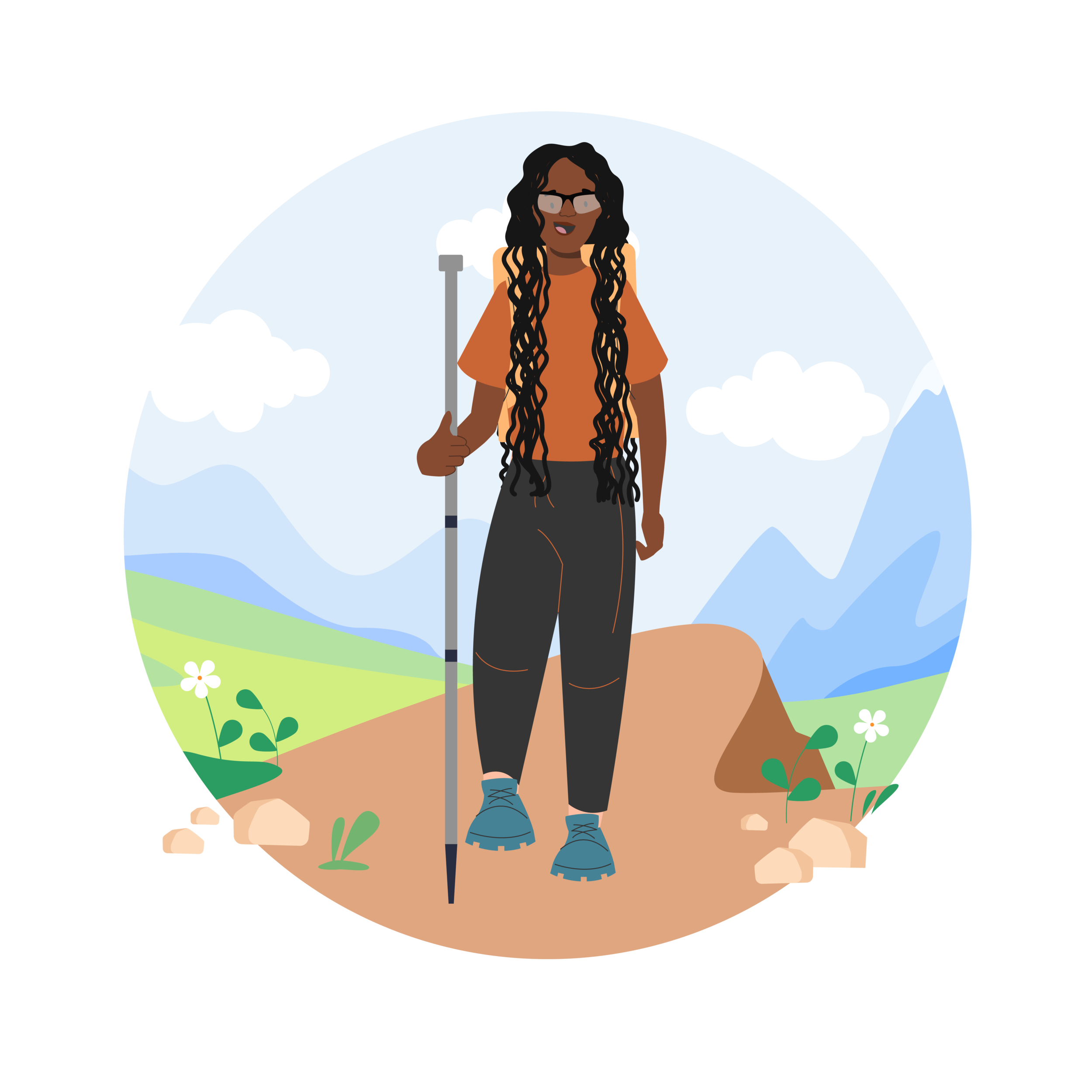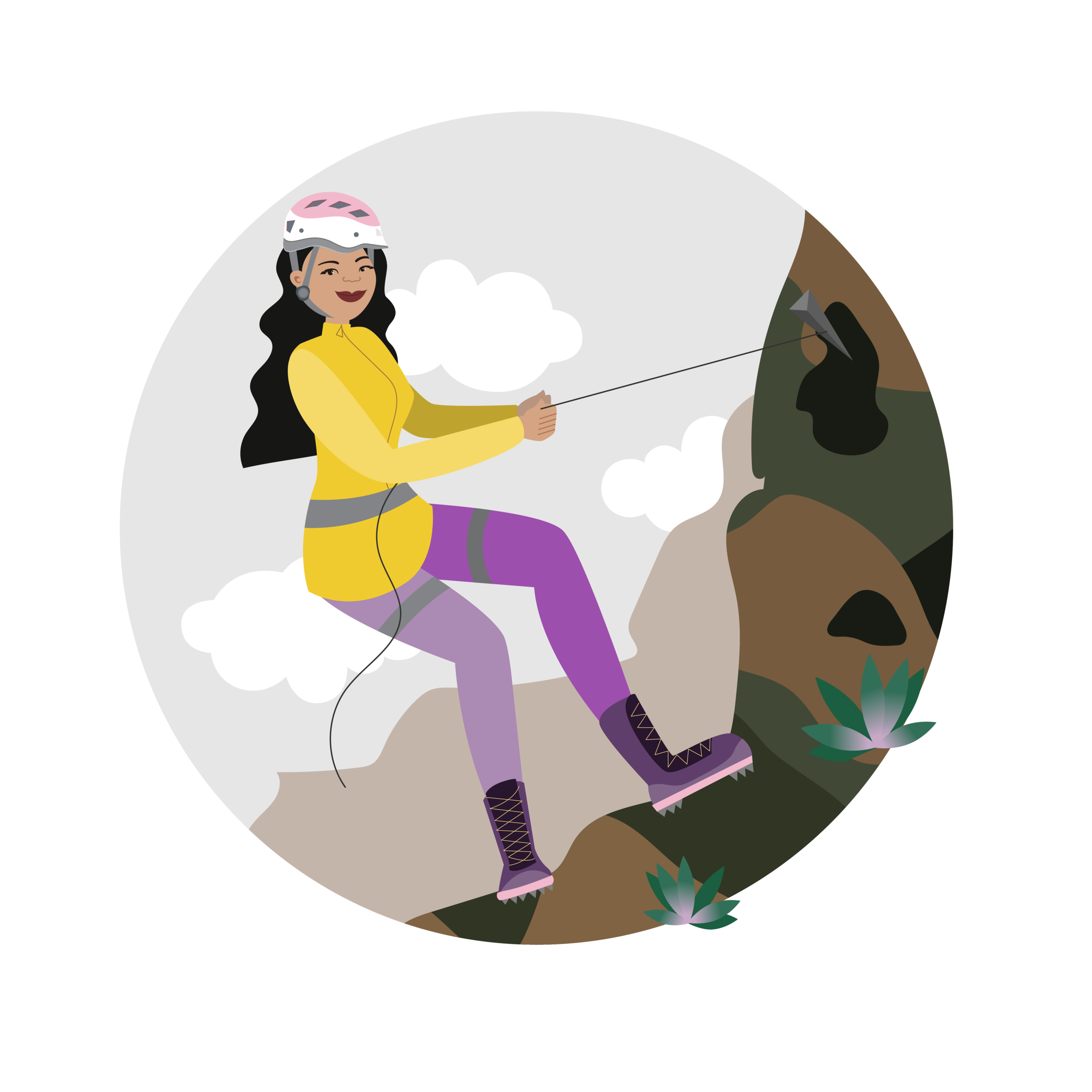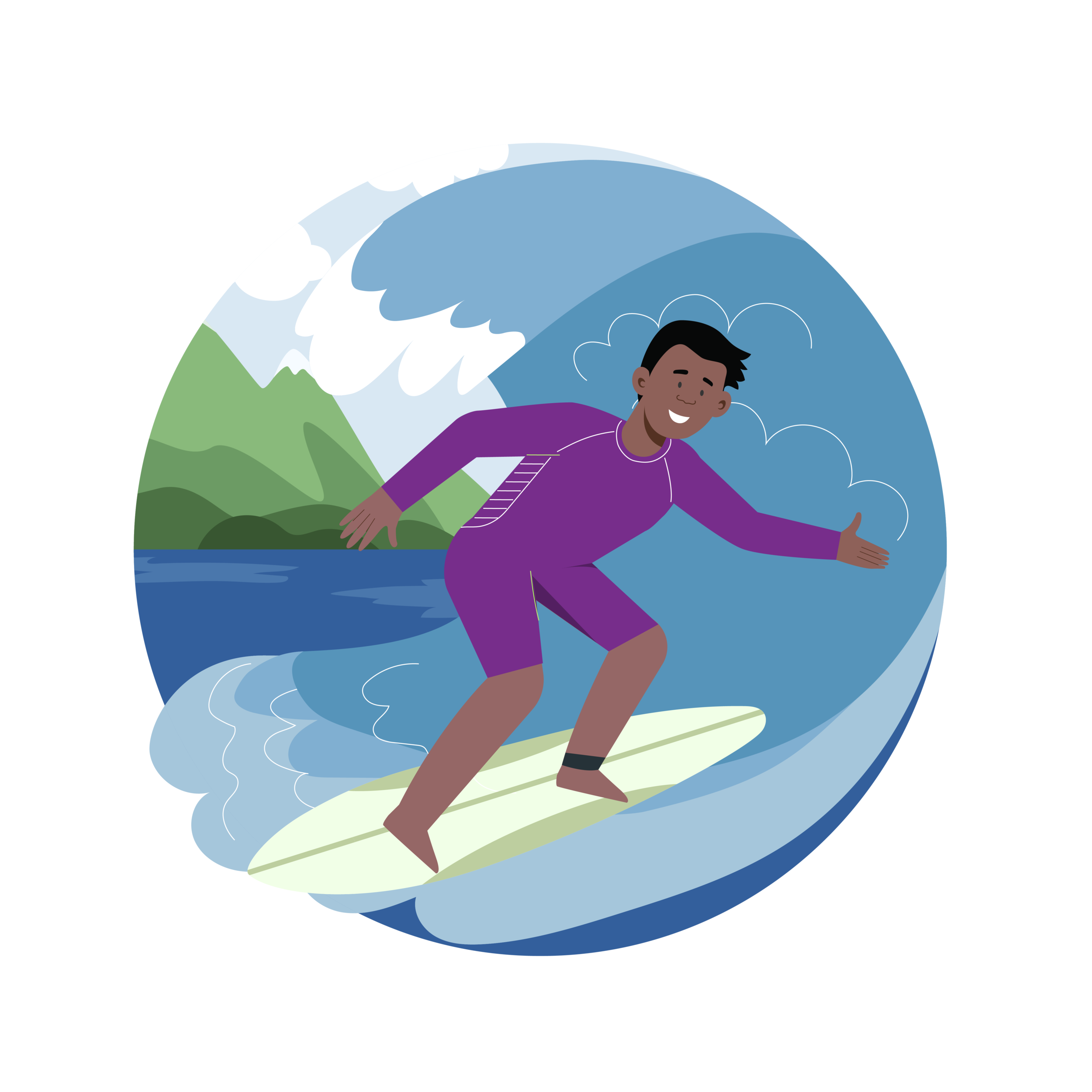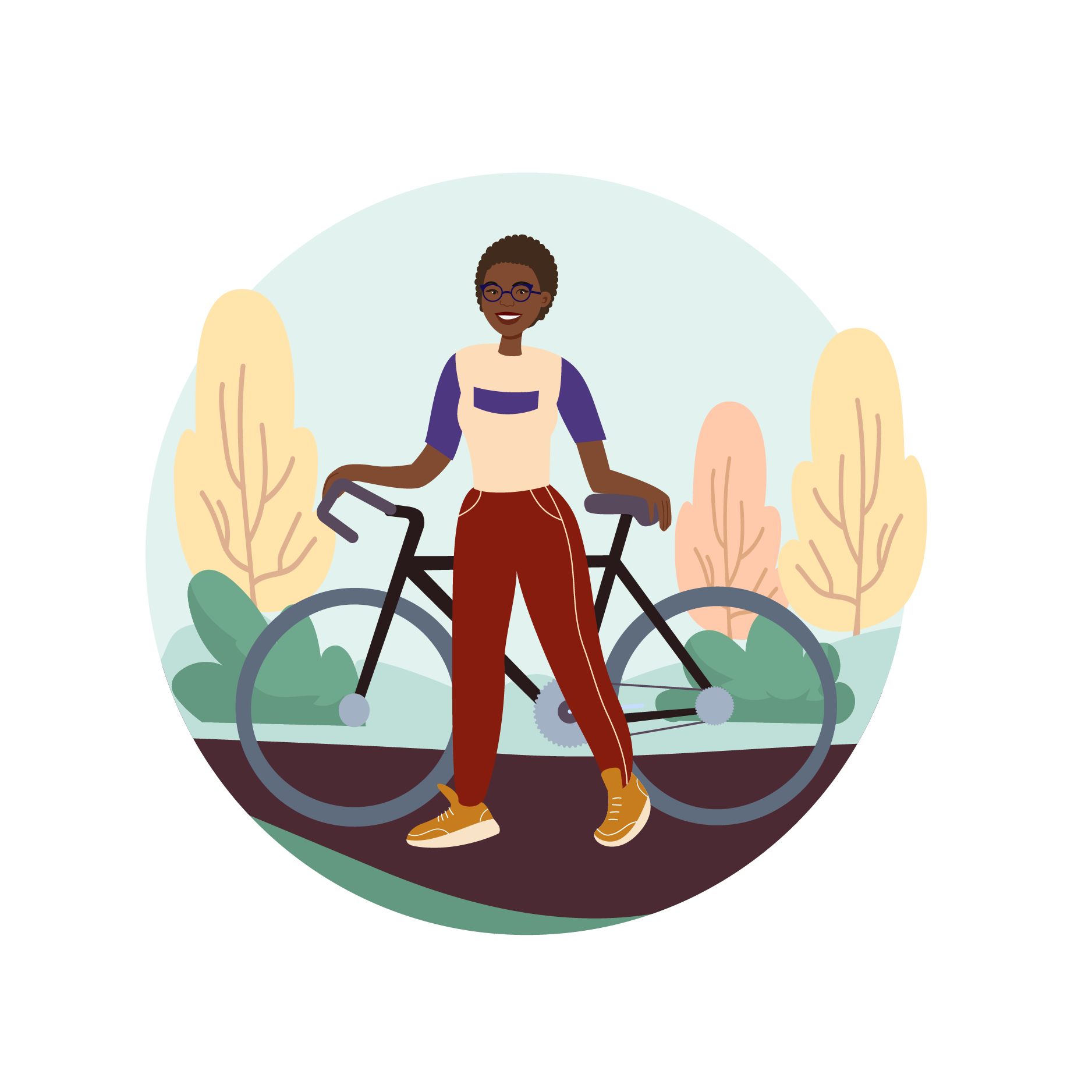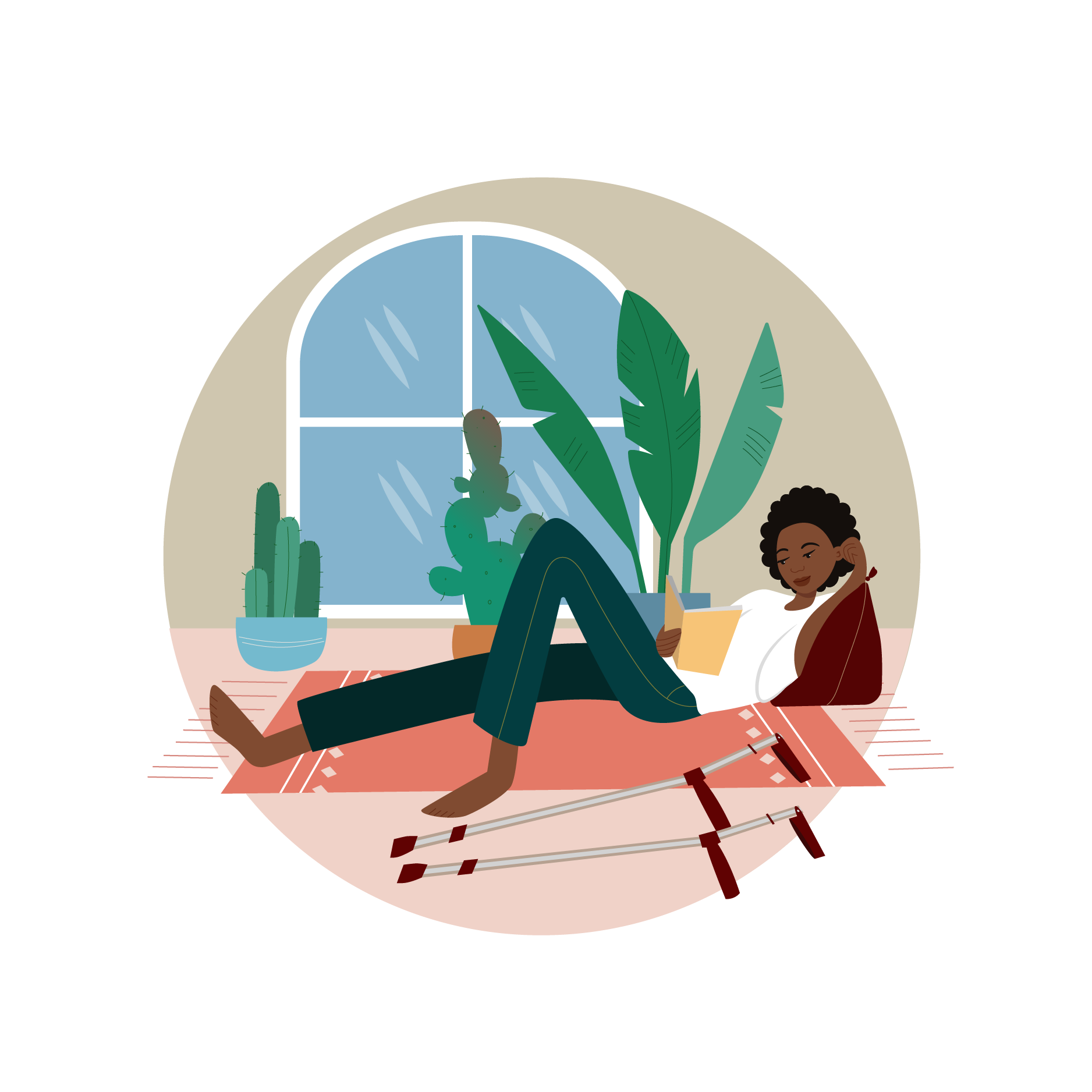8 Outdoor Stories from BIPOC Living with Mental Illness
Photo credit: iStock
Black, Indigenous and People of Color’s (BIPOC) mental health is having a moment! Naomi Osaka withdrew from the French Open after being fined $15,000 for skipping a press conference and penned an op-ed reminding us that it’s “O.K. to not be O.K., and it’s O.K. to talk about it." The world’s highest paid female athlete also took to Instagram to talk candidly about her struggle with anxiety and depression.
In Tokyo, seven-time Olympic medalist Simone Biles withdrew from the U.S. women’s gymnastics team finals and from four individual event finals; choosing instead to prioritize her own mental and physical health.
While most of us don’t have much in common with world-class athletes, their struggles with mental health are oh so relatable! After all, 1 in 5 U.S. adults are living with some form of mental illness. That’s a lot of people! So why aren’t we talking about mental health in our outdoor groups? Especially since Black, Indigenous, and People of Color (BIPOC) are disproportionately affected.
Well, most likely, you don’t even know who we are. We mask our symptoms to meet your expectations that we be normal, able-bodied and—above all, positive vibes only.
Many of us spend our weekends in outdoor spaces that prioritize physical accomplishments and the ‘next big adventure’ above all else. Our friends will gladly brave 2 a.m. wake-up calls for a weekend of climbing 14ers, backcountry camping or hiking blue-blazes with Instagram-worthy overlooks. Yet, how many of those same friends would cancel their plans to help us through a manic or depressive episode?
Oftentimes, our families are just as ignorant of our day-to-day struggles with mental health due to the tremendous stigma within our communities.
Today, eight of us are unmasking with the hope that sharing our stories will encourage others to seek help or to offer help. You don’t have to be a medical professional to offer friendship, community care or a safe space. The mountain isn’t going anywhere. The river has been there for millions of years and will remain long after you are gone. Take time to build an outdoor culture that is based on empathy and compassion.
Lastly, remember this: people with mental illness belong in the outdoors—not because time in nature will “fix” our disability, but because every individual should have access to safe, green spaces.




